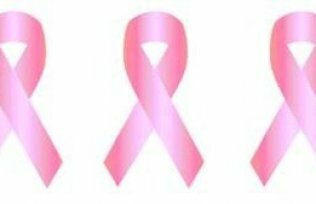copyright (c) 2011 NICHE
Site by websculptures
Sitemap
Cost-effectiveness and equity impact of breast cancer control in developing countries
This project aims to assist nine developing countries in planning and/or further improving the effectiveness and cost-effectiveness of their breast cancer control programmes. The project is funded by the Susan G. Komen Breast Cancer foundation, and will be carried out in collaboration with WHO and Erasmus University.
The specific objectives of the project are 1) to optimize breast cancer control programmes by providing evidence based information on breast cancer interventions that give the greatest benefit for cost, 2) to improve the knowledge base of breast cancer control programs through capacity building on cost-effectiveness analysis and breast cancer policy decision making and 3) to increase awareness on breast cancer control through the participation of key stakeholders and experts in the program planning, implementation and reporting, both at the national and international arenas.
The project runs from 2009-2012.
Related publications:
- Multi-criteria decision analysis of breast cancer control in low- and middle- income countries: development of a rating tool for policy makers.
- Cost-Effectiveness of Breast Cancer Control Strategies in Central America: The Cases of Costa Rica and Mexico
- Equity in Ghanaian breast cancer treatment outcomes-a modeling study in Komfo Anokye Teaching Hospital
- Cost-effectiveness analysis of breast cancer control interventions in peru.
- Economic analyses of breast cancer control in low- and middle-income countries: a systematic review
- Costs, effects and cost-effectiveness of breast cancer control in Ghana
- Cost effectiveness of strategies to combat breast, cervical, and colorectal cancer in sub-Saharan Africa and South East Asia: mathematical modelling study
- Problem solving for breast health care delivery in low and middle resource countries (LMCs): consensus statement from the Breast Health Global Initiative
